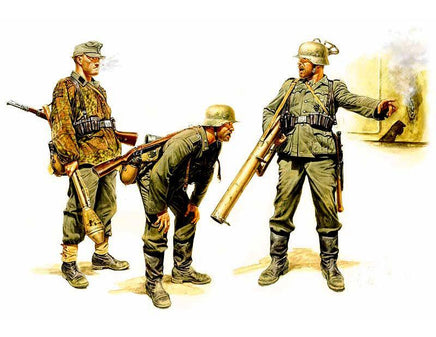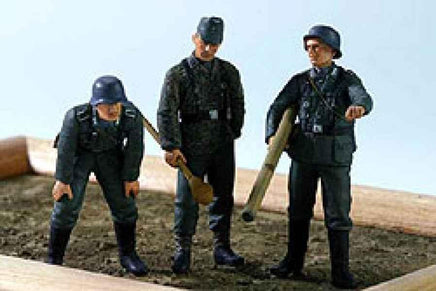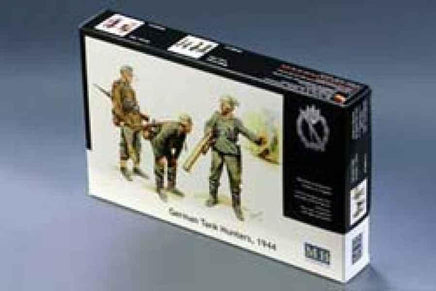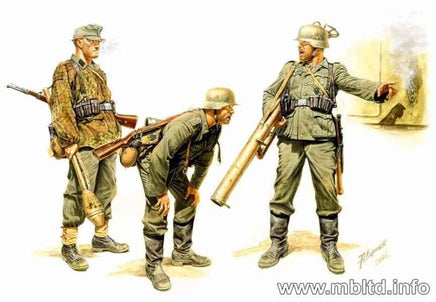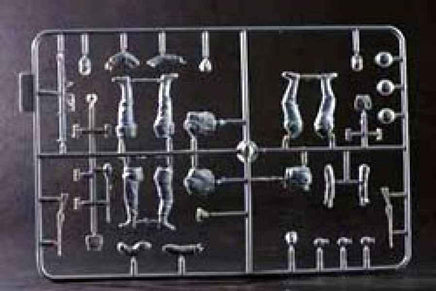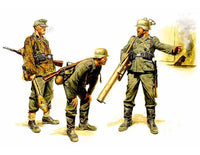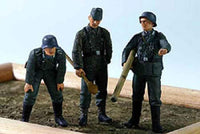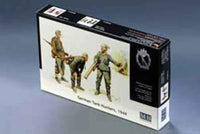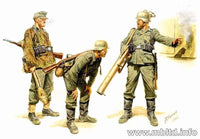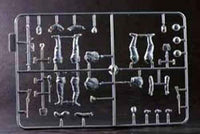The German army had experience fighting enemy armored vehicles from the period of World War I (1916–1918). After the signing of the Treaty of Versailles in 1919, the development of anti-tank weapons was hindered, but in 1928, the gun was put into mass production: the 3.7-cm PaK 36, which at the time was one of the most modern anti-tank guns in the world. However, with time, especially in the 1930s and with the development of its own armored weapons, the problem of anti-tank weapons was treated in the German army as of secondary importance. As a result, the German army entered World War II still having the P aK 36 caliber 37 mm, which turned out to be completely insufficient against the French Char B1 Bis or the Soviet T-34 and KW-1. Moreover, with the development of fighting on the Eastern Front, the problem of destroying Soviet armored weapons became more and more urgent, which led to the introduction of new 50 and 75 mm anti-tank guns into the line. From 1943 on, the Panzerfaust recoilless rifles were introduced on an increasingly larger scale and were used to saturate their own infantry units as much as possible. For example, in 1943, the German infantry division had 108 recoilless guns and 35 towed and self-propelled anti-tank guns.
Skip to product information

